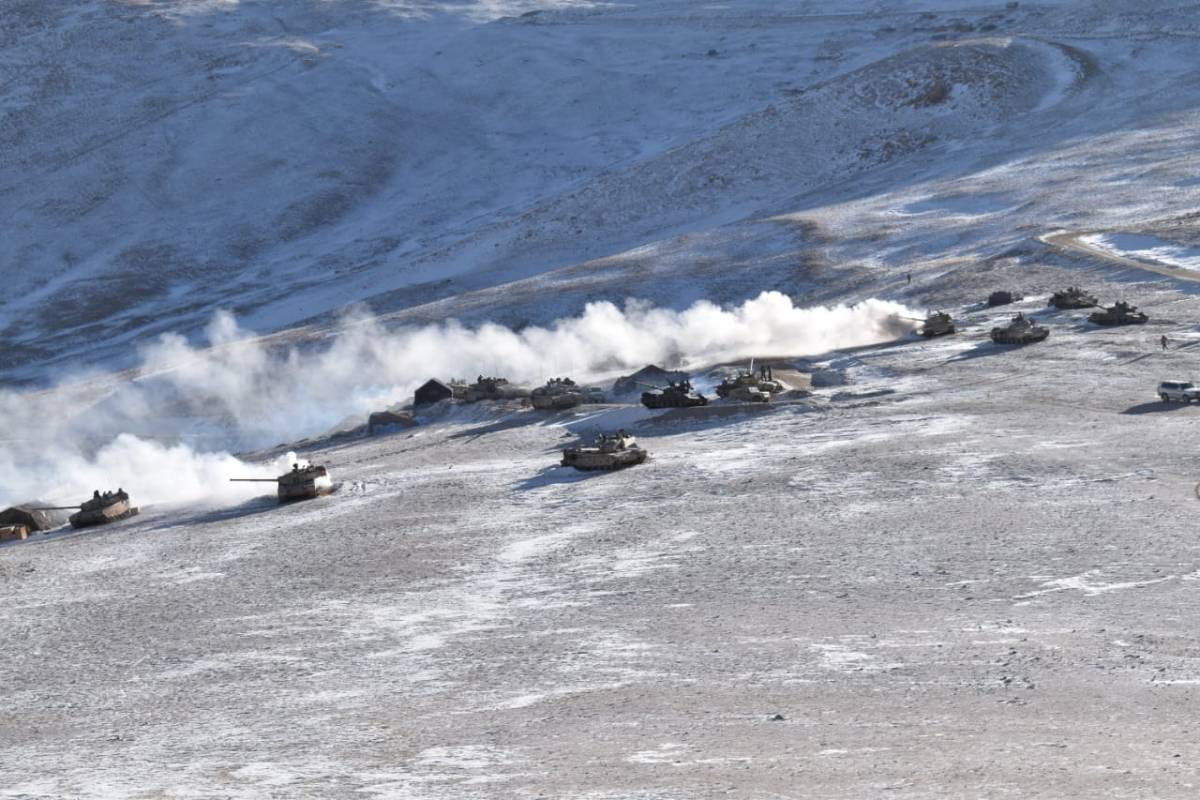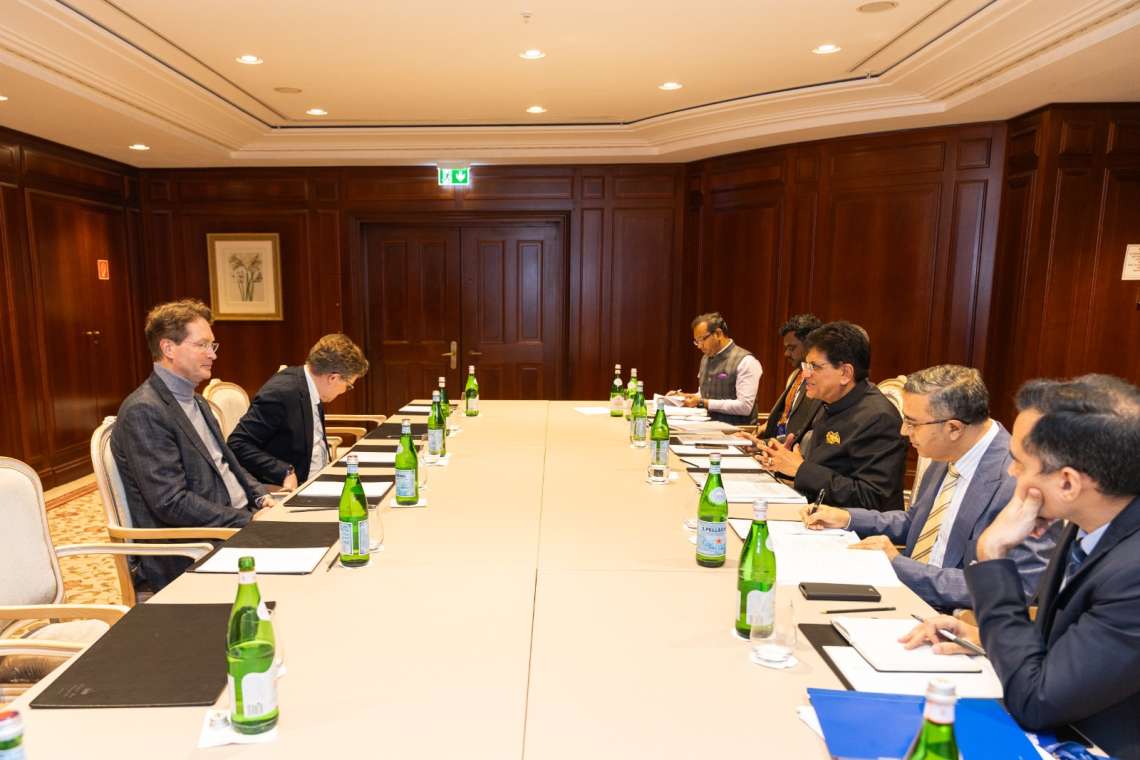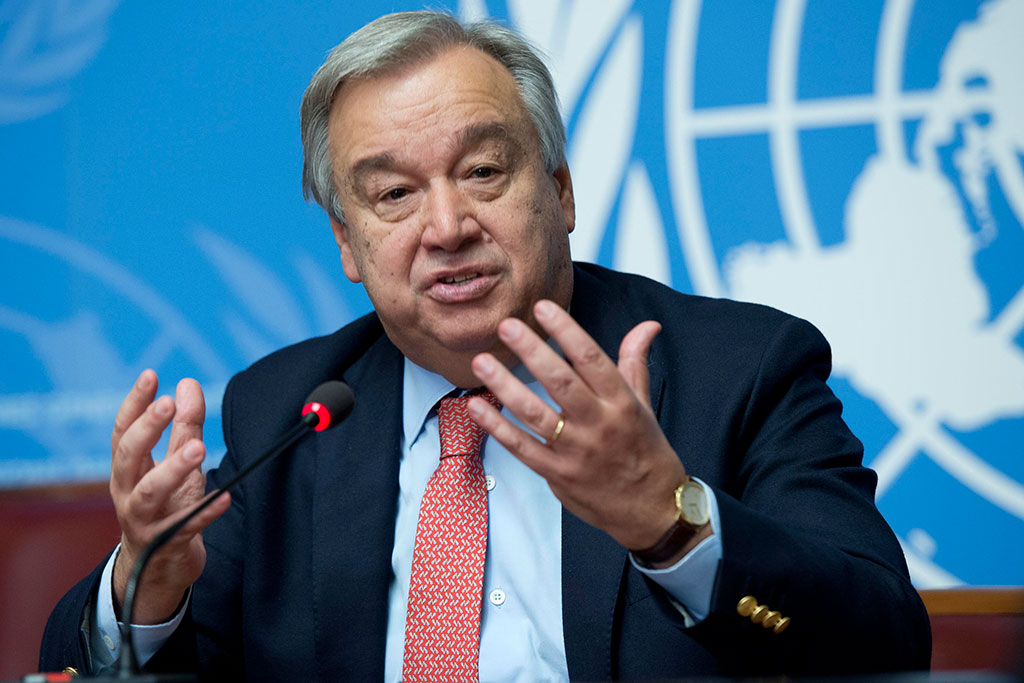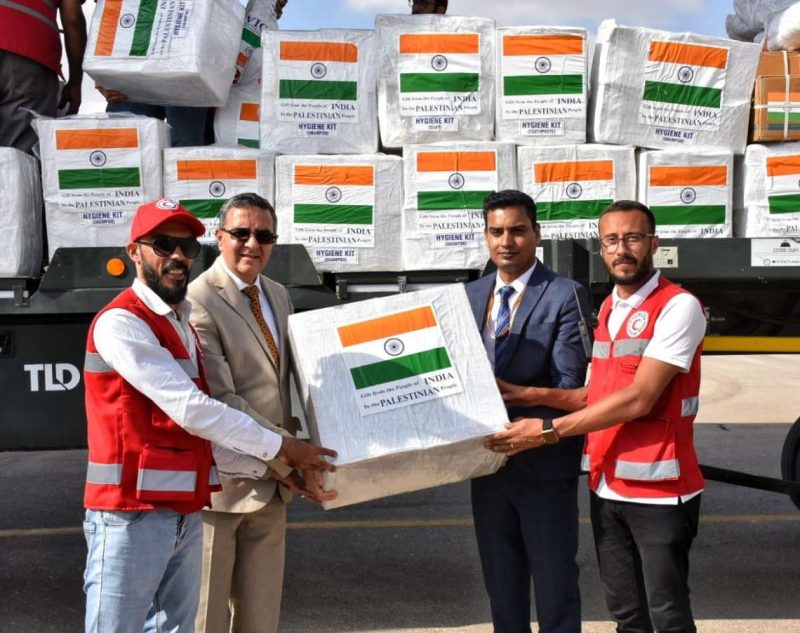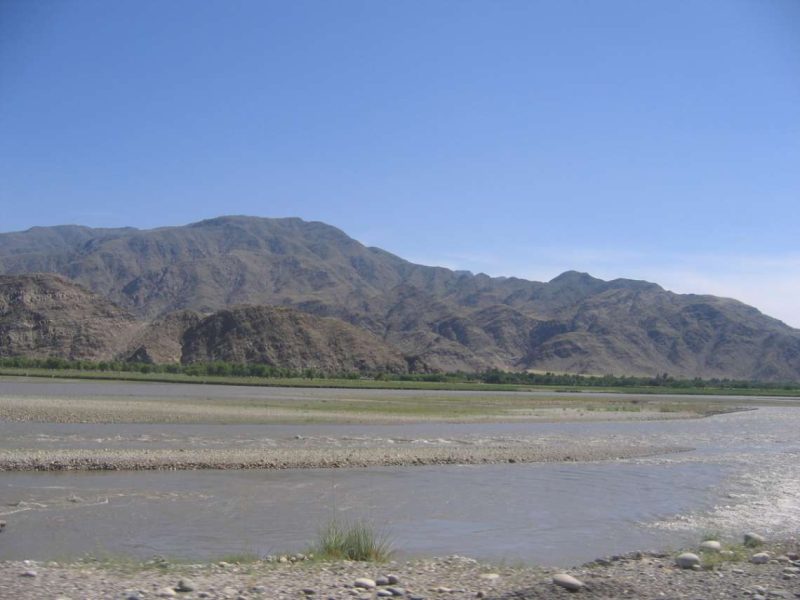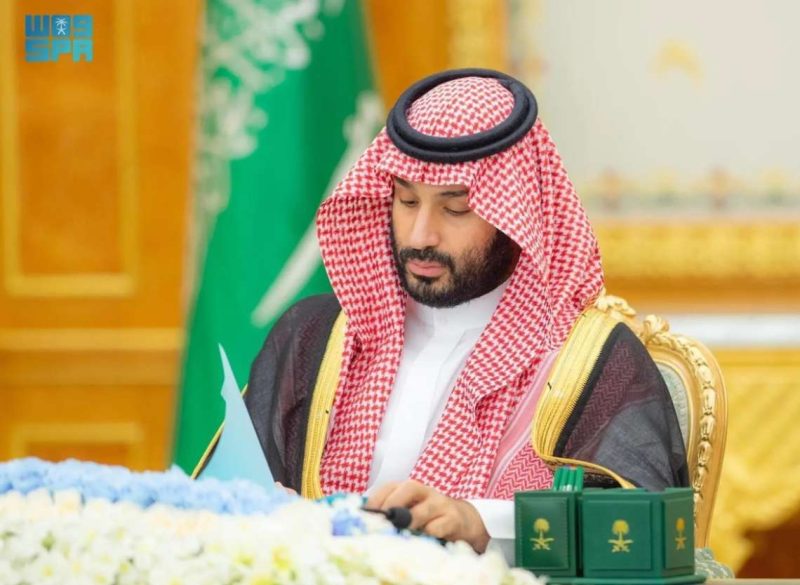Despite the rising tensions between the two neighbours and a clarion call to boycott China-made goods by the traders, China remained India’s largest trade partner in 2020, reports Mahua Venkatesh
Amid the deadly Covid 19 pandemic, when the Galwan Valley clash between India and China took place exactly a year ago resulting in the death of 20 Indian soldiers, many pundits had predicted that the bloody episode would lead to a complete breakdown in economic relations between the two countries.
Within days of the clash, India, concerned over privacy and security threats, banned 59 Chinese apps including the popular TikTok, WeChat, UC Browser and Weibo among others resulting in huge losses for the companies. India also decided to bar Chinese tech giants– Huawei and ZTE to participate in the country’s 5G rollout.
“The apps were banned because of security threats but beyond that India has not taken any step which is not practical. It is true that New Delhi will remain watchful..that cannot be held against us,” an insider said.
External affairs minister S. Jaishankar said that border tensions cannot be taken in isolation while continuing to co-operate with China in other areas.
Prime Minister Narendra Modi gave a clarion call for making India Atmanirbhar and boost Make In India. Though Modi said that India must be the world’s factory and even manufacture for domestic market, the person pointed out that the government maintained that the country needed to be integrated in the global supply chain management.
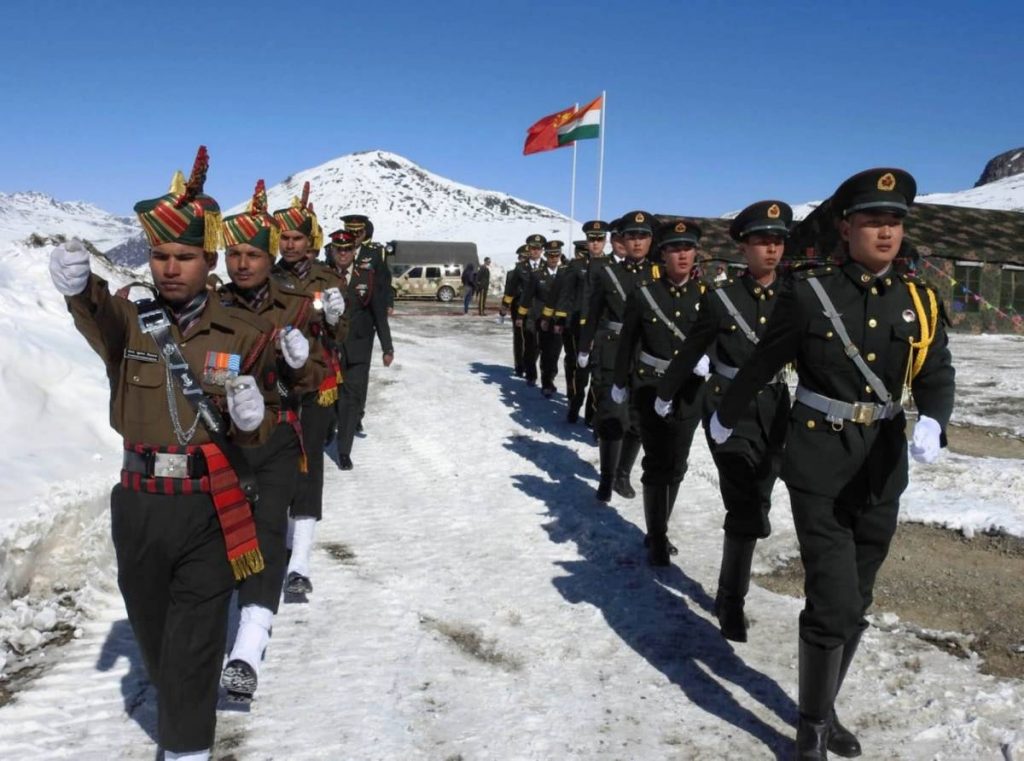
“India has been importing raw materials and other critical goods from China, that has continued but again we must understand that boosting domestic manufacturing is beneficial to the country and is the need of the hour,” the person said.
But did the Galwan Valley incident bring India-China economic ties to a halt? No,
Since Galwan, India has shifted gears in terms of economic diplomacy with China.
ALSO READ: China begins crackdown on spy cameras
On one hand India has strongly defended certain areas of economic engagements but on the other, has continued to deal with China. In a major decision, India also pulled out from the mega trade deal Regional Comprehensive Economic Partnership (RCEP), driven by China primarily to protect its own manufacturing industry.
However New Delhi, which assumed a greater role on the global political stage with an unprecedented focus on the Indo Pacific region and a heightened pitch against Beijing back home, it has also carefully balanced its economic relations refraining from any knee jerk reaction against its populous neighbour.
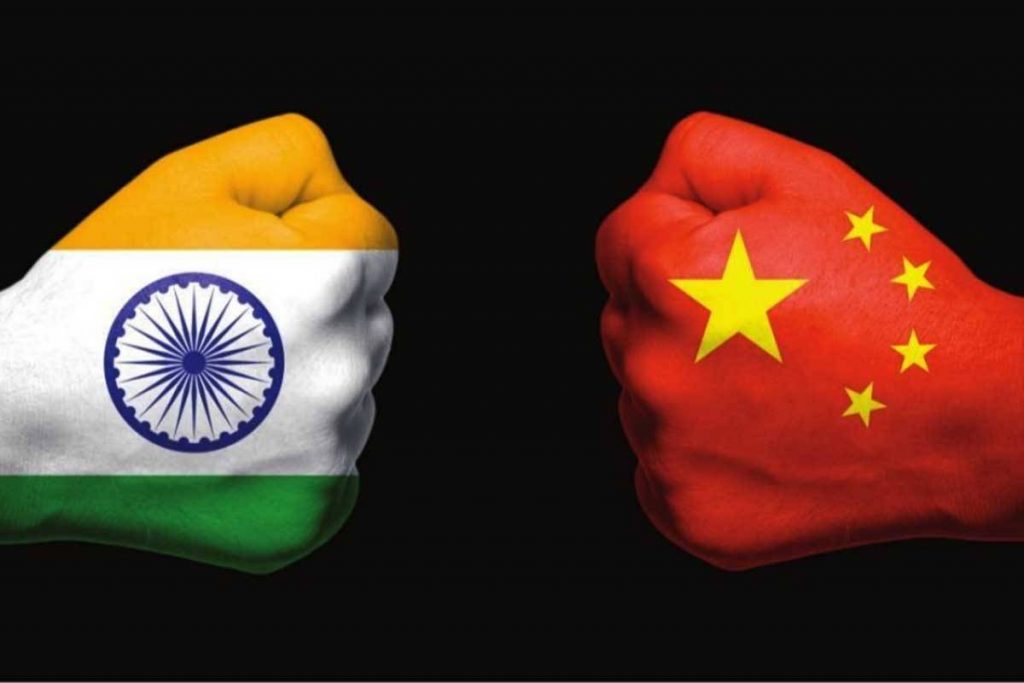
Despite the rising tensions between the two neighbours and a clarion call to boycott China-made goods by the traders, China remained India’s largest trade partner in 2020. The two-way trade between the Asian giants stood at $77.7 billion, albeit lower than $85.5bn clocked in the previous year.
Notably, the Narendra Modi government revised its foreign direct investment (FDI) policy to bar any “opportunistic” takeover or acquisition in domestic companies by its neighbouring countries. But the announcement was made before the Galwan Valley incident. The move was aimed at protecting domestic companies from hostile takeovers amid dropping valuations due to the Covid 19 pandemic. “The decision was the need of the hour as there have been instances of hostile takeovers by foreign companies amid the Covid induced financial stress, it was not linked to Galwan, contrary to the narrative,” the person said.
Several reports had suggested that China-backed funds including Industrial and Commercial Bank of China (ICBC) and China Investment Corporation (CIC) were aggressively looking for investment opportunities in Indian companies in various sectors as their valuations had taken a hit with the spread of the pandemic.
Since April 2020, India has received over 120 FDI proposals of about $1.63 billion from China. According to India Briefing, most of these investments are for brownfield projects. The authorities have started clearing pending proposals which are smaller in size.
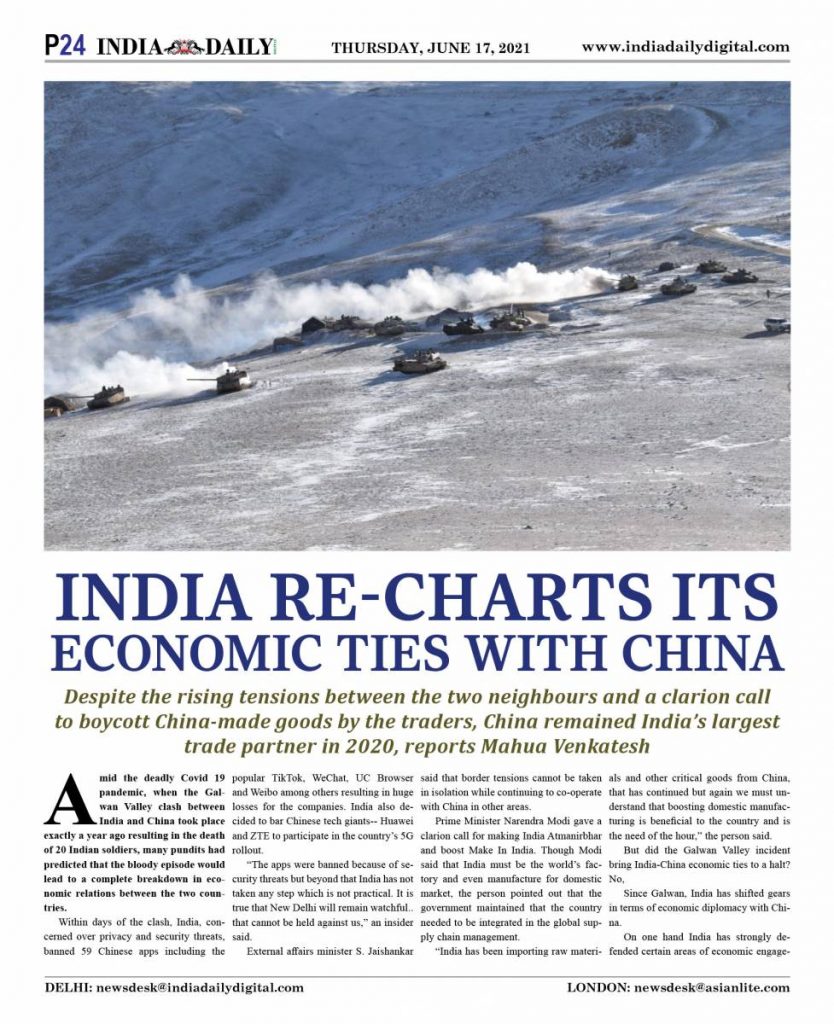
In India, FDI is either allowed through the automatic route — where companies do not require any government approval or through the government route– for which companies have to seek government nod.
“A non-resident entity can invest in India, subject to the FDI Policy except in those sectors/activities which are prohibited. However, an entity of a country, which shares land border with India or where the beneficial owner of an investment into India is situated in or is a citizen of any such country, can invest only under the government route.” a press note by the Department for Promotion of Industry and Internal Trade (DPIIT) said.
“The resilience of China-India economic and trade relationship should not be completely dismissed. It is true that the Modi government has pushed for a self-reliance strategy to support domestic industrial development, but that doesn’t necessarily mean decoupling from Chinese supplies that are integrated into the local market,” the Chinese state backed Global Times said in an article in January.
Post Galwan clash, India has carefully re-chartered its economic relations with China
(This content is being carried under an arrangement with indianarrative.com)


